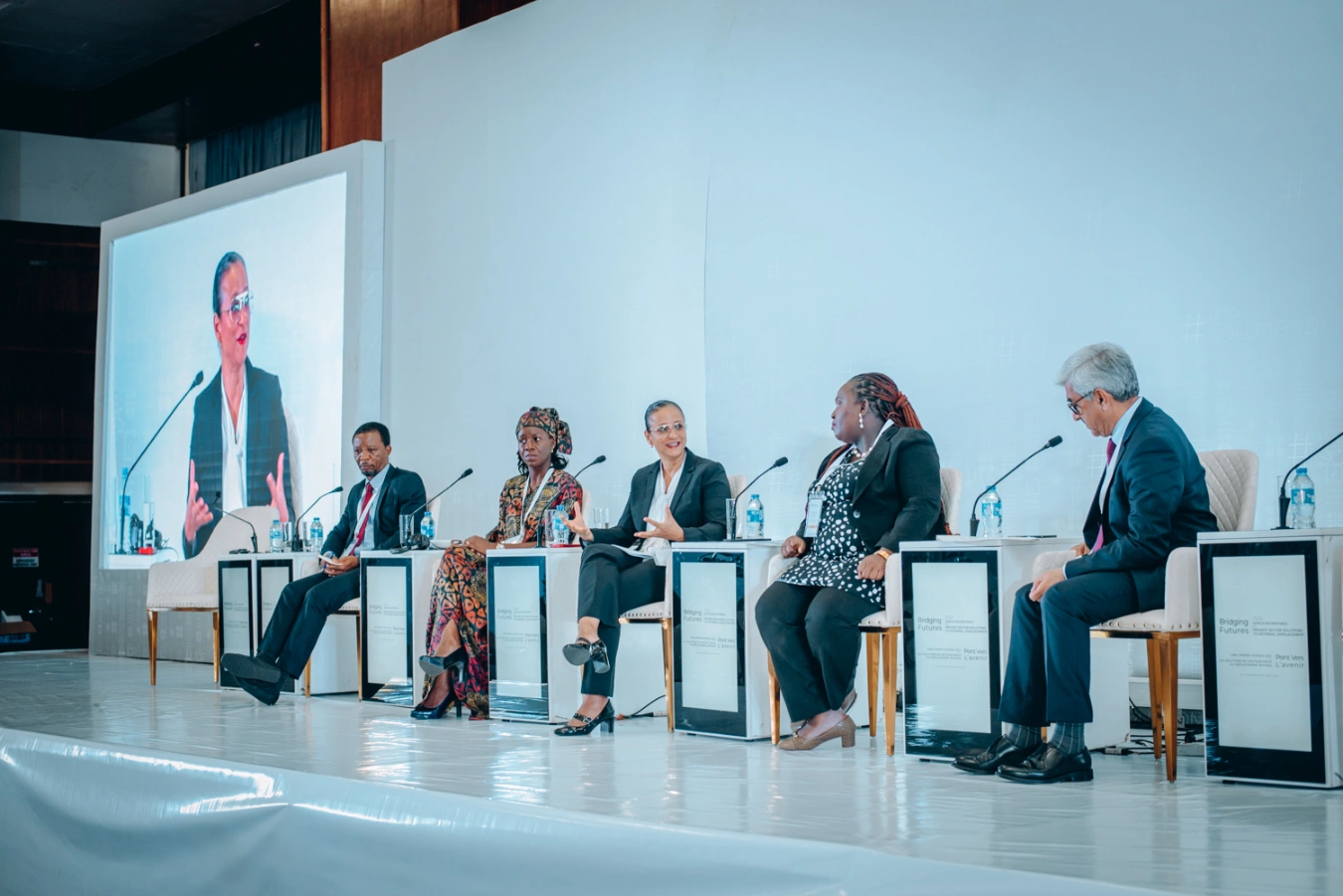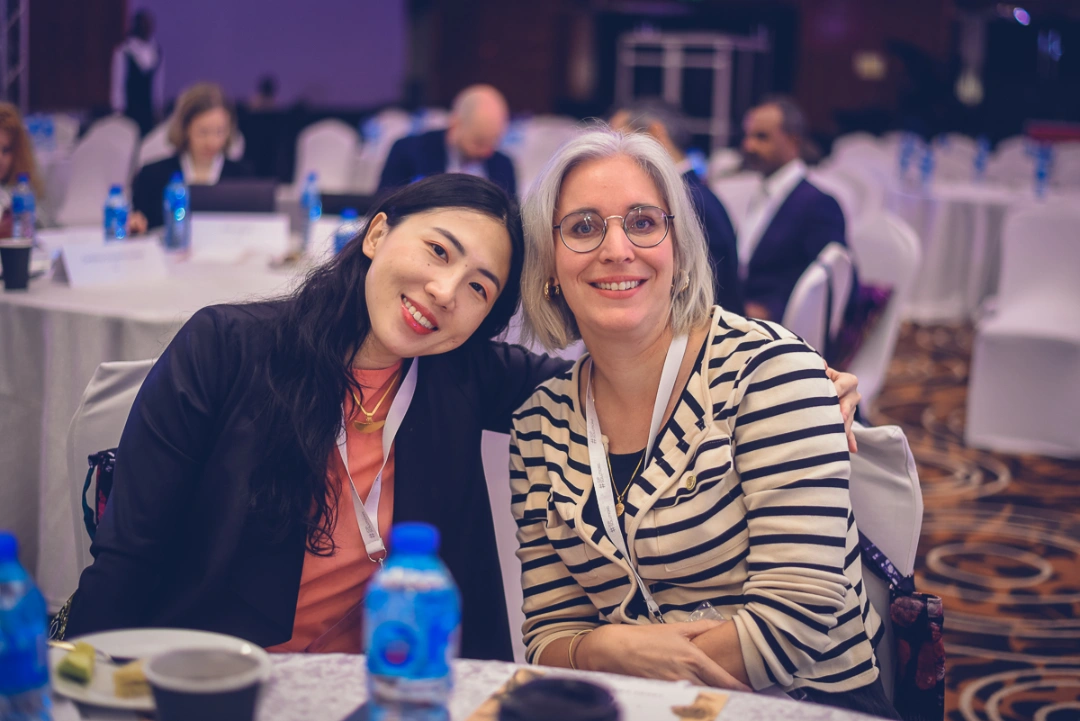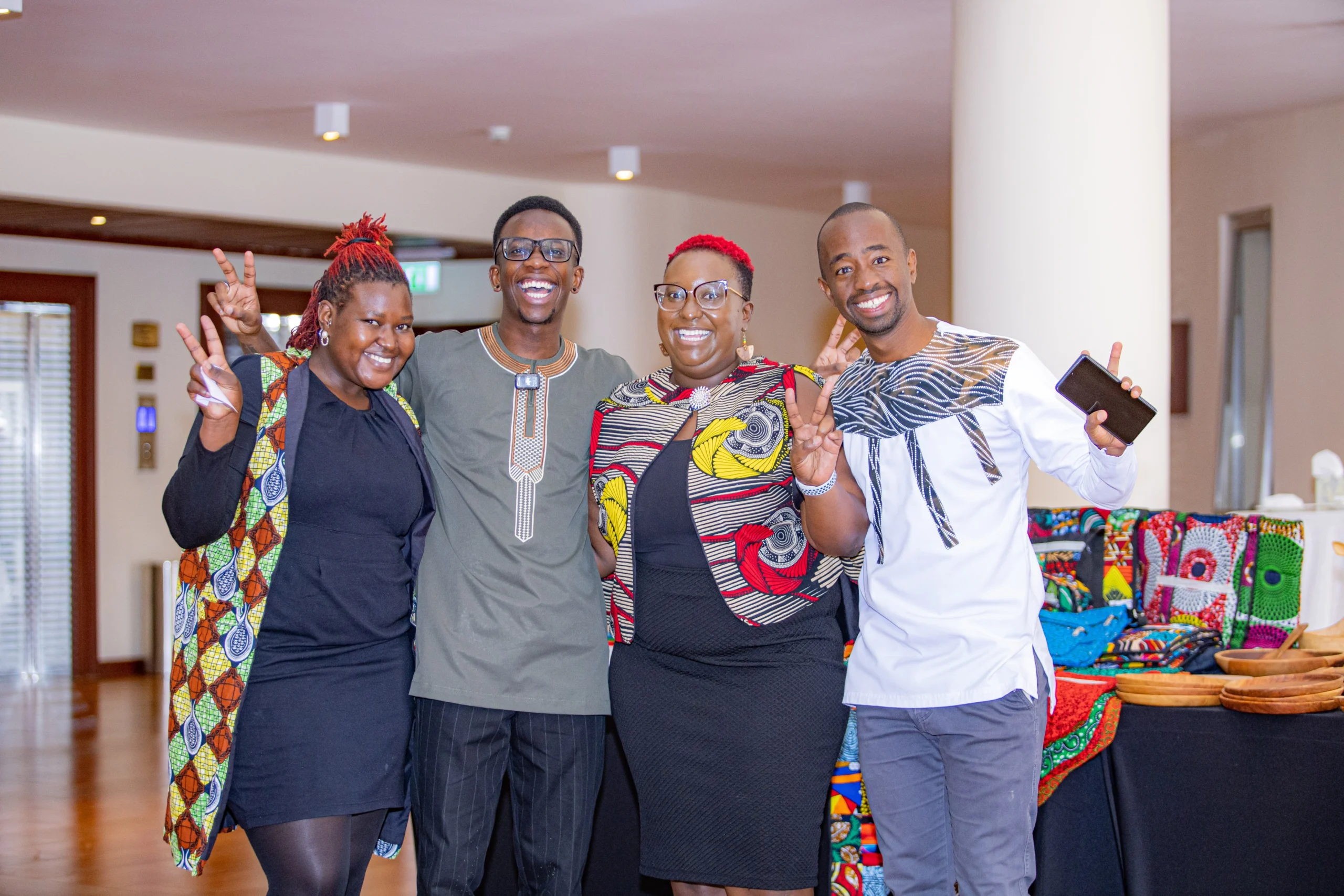Africa stands at a critical juncture. The continent boasts immense potential, rich resources, and a vibrant population, yet it continues to grapple with complex challenges. Central to overcoming these hurdles is the quality of its leadership. The narrative of African leadership is often painted with broad strokes, focusing on corruption and mismanagement. While these issues are undeniable and must be addressed, they don’t represent the whole picture. A new generation of African leaders is emerging, one that prioritizes innovation, collaboration, and sustainable development.
Traditional models of leadership, often characterized by top-down approaches and a focus on personal gain, are increasingly being challenged. Africans are demanding leaders who are accountable, transparent, and genuinely invested in the well-being of their communities. This shift in expectations is driven by a more informed and engaged citizenry, empowered by access to information and technology. Social media platforms have become powerful tools for holding leaders accountable and amplifying the voices of ordinary citizens.
The challenges facing African leaders are multifaceted. They include tackling poverty, inequality, and unemployment, promoting sustainable economic growth, fostering peace and security, and addressing the impacts of climate change. These issues require a new breed of leader: one who is not only competent and visionary but also possesses strong ethical principles and a deep commitment to public service. Crucially, they must be able to build bridges across divides, uniting diverse communities and harnessing their collective strength.
However, alongside these challenges come immense opportunities. Africa’s youthful population represents a demographic dividend, a potential engine for economic growth and innovation. The continent’s rich natural resources, if managed responsibly, can drive sustainable development. Furthermore, the rise of a vibrant civil society and a growing entrepreneurial spirit are creating new pathways for progress.
The future of African leadership rests on several key pillars. First, investing in leadership development programs that equip individuals with the skills and knowledge they need to lead effectively. Second, fostering a culture of accountability and transparency, where leaders are held responsible for their actions. Third, promoting inclusive leadership that empowers women, youth, and marginalized communities. Fourth, encouraging collaboration and partnerships, both within Africa and with the international community.
ALADI, the Africa Leadership and Dialogue Institute, plays a vital role in nurturing this new generation of African leaders. Through its programs and initiatives, ALADI fosters dialogue, amplifies African voices, and creates spaces for collaboration. By investing in leadership development, promoting ethical governance, and fostering a culture of innovation, ALADI is contributing to a brighter future for Africa. The continent’s journey towards prosperity and stability depends on the choices its leaders make today. It is a journey that demands courage, vision, and a deep commitment to serving the people.



